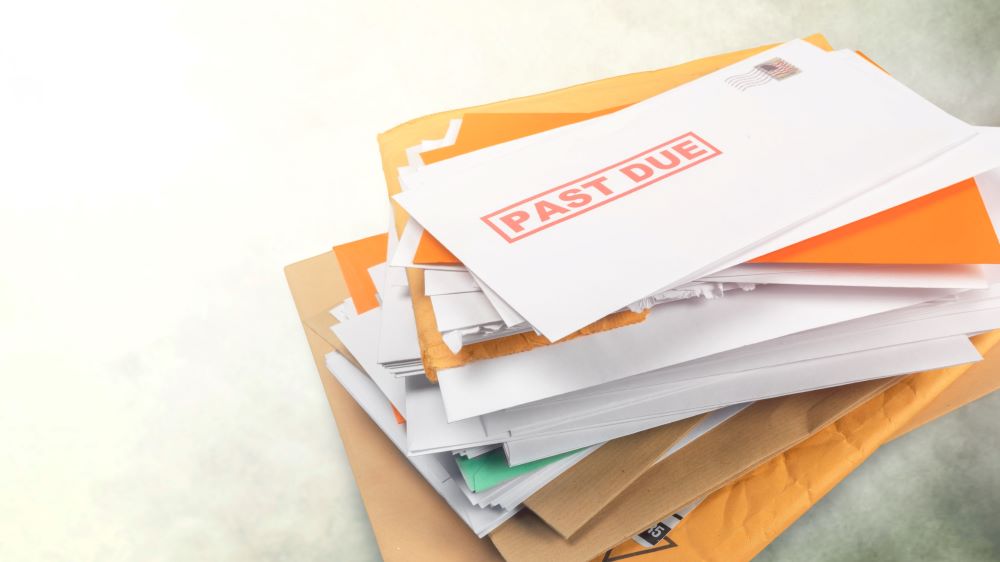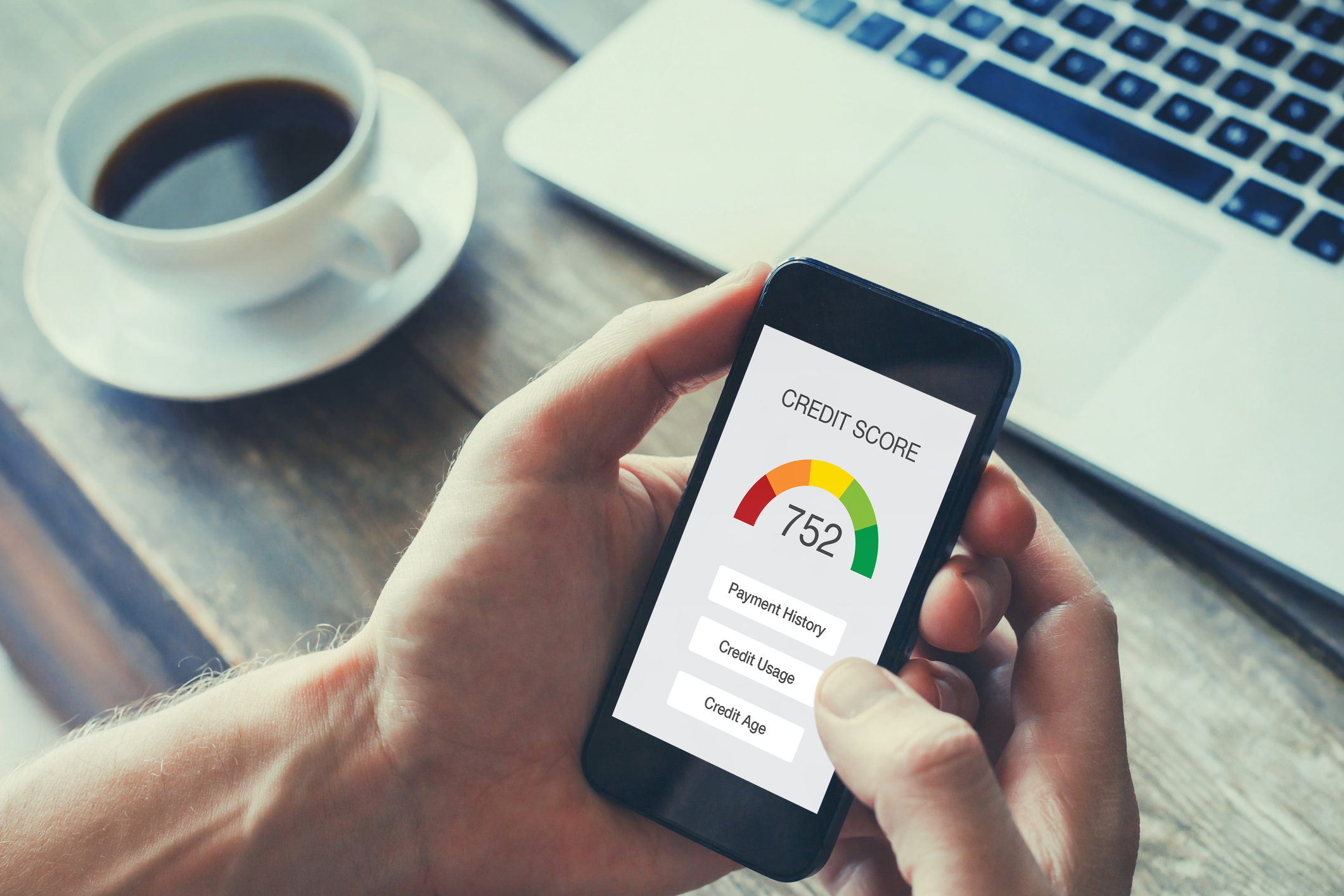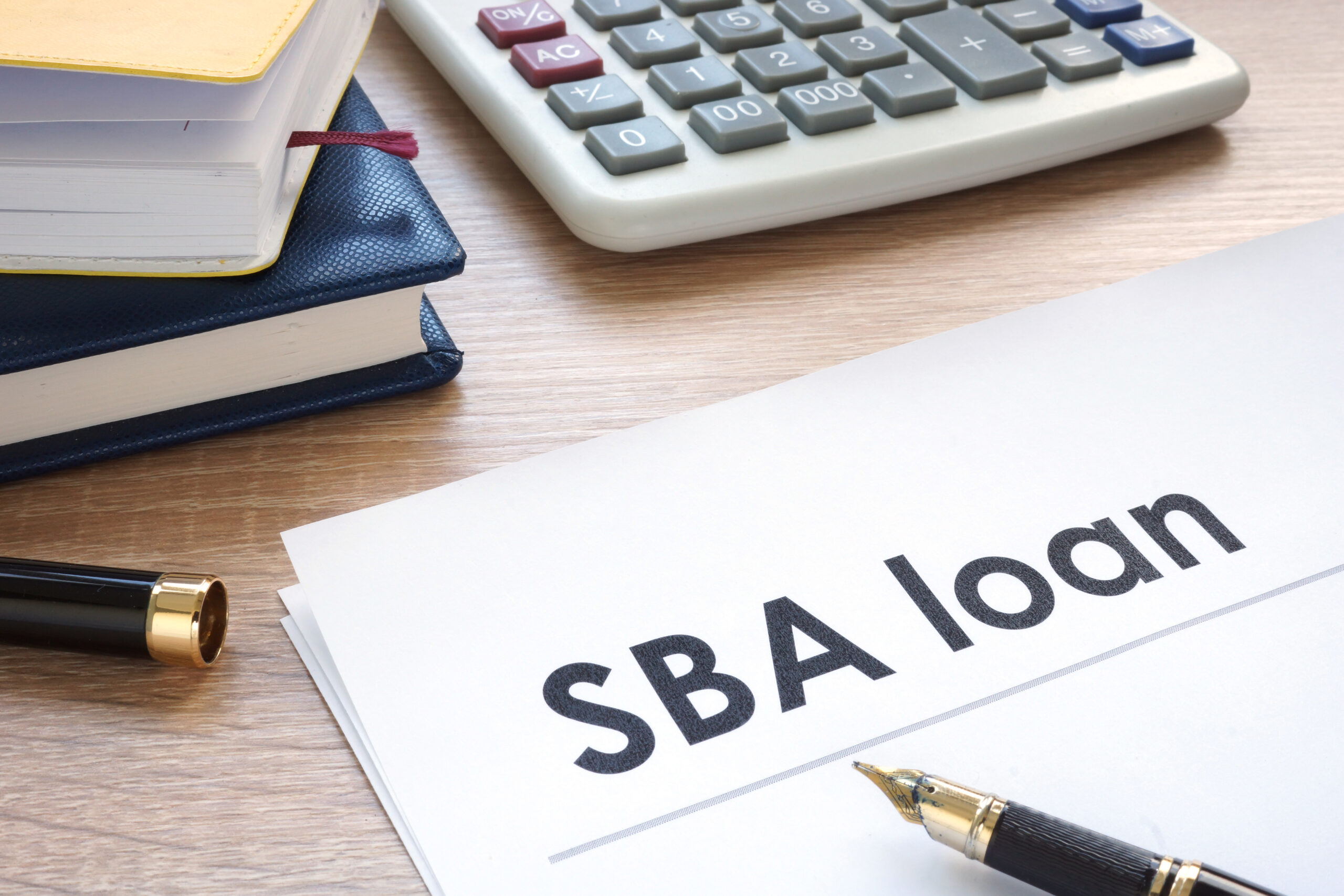Receiving calls from debt collectors can be highly intimidating, whether you thought you were all paid up, or you knew you had old unpaid debts. Debt collectors may act aggressively on the phone to get you to pay them ASAP, so it’s important to remember that you have rights that give you certain protections, including time to figure out the debt.
While the Fair Debt Collection Practices Act (FDCPA) protects you against unfair debt collection practices, unscrupulous debt collectors may try to skirt by the law. That’s why you need to know your rights when a debt collector calls.
1. You Have the Right to Receive More Information
The FDCPA states that debt collectors must send you a letter that says how much you owe and who you owe it to, as well as instructions for requesting more information and/or disputing that the debt is legitimate. The debt collector must send you the letter within five days of the first time they contact you unless that information was already provided to you. When a debt collector calls, you can insist that they send you more information in writing.
You can also send a debt verification letter to the debt collector within 30 days of first contact, asking for more information about the identity of the original creditor and documentation that shows you owe the debt, such as this sample letter provided by the Consumer Financial Protection Bureau (CFPB).
You must verify information about the debt is correct before you decide to pay it (even if you think you owe the debt, they could have the amount wrong). If the debt isn’t legitimate, the amount owed is incorrect or they can’t prove you owe the debt, you may be able to avoid paying.
2. You Have the Right to Tell Them to Stop Contacting You
If you don’t want the debt collector to call you anymore for any reason, you can tell them to stop. To do so, send a written letter to the debt collector’s business address telling them to stop all contact. Again, the CFPB has sample letters.
Once the debt collector receives your letter, they can only contact you to tell you they received your request and confirming they will not contact you anymore, or to tell you they are taking specific actions like suing you in court. Remember, telling debt collectors to stop calling won’t make the debt disappear. You can still be sued for the debt, which can cause severe financial penalties if the court rules against you.
3. You Have Protections Against Unfair Practices
It is illegal for debt collectors to:
- Threaten violence or arrest.
- Use profanity or offensive language.
- Repeatedly call you with harassing phone calls.
- Lie or misrepresent the amount you owe or the consequences of not paying.
- Contact you outside of 8 a.m. and 9 p.m.
- Contact you at your place of employment if your employer doesn’t allow it.
- Contact anyone about your debt other than your lawyer, credit bureaus, the original creditor or their own lawyers.
You can report illegal debt collection practices to the CFPB and your state attorney general’s office. Many states have their own debt collection laws, so contacting state authorities can be a good idea. Document any violation of the law on the part of the debt collector; while it won’t make legitimate debts go away, it can help prevent further misconduct and even give you grounds to sue the debt collector.
This article is provided for informational purposes only and is not providing legal advice.













